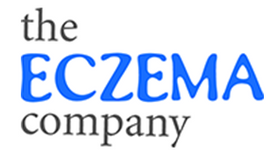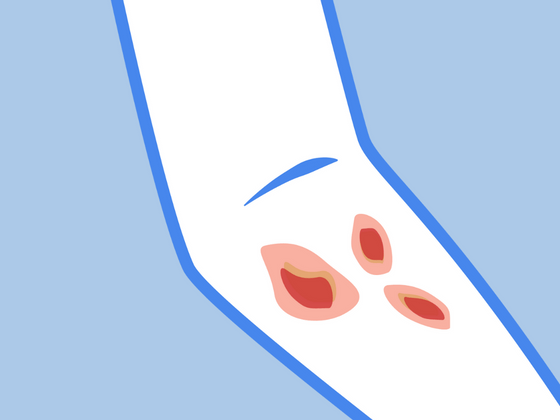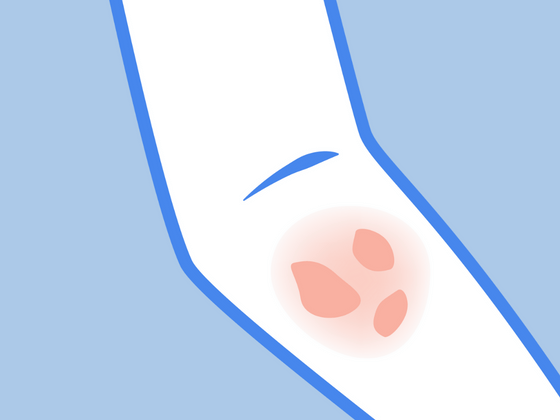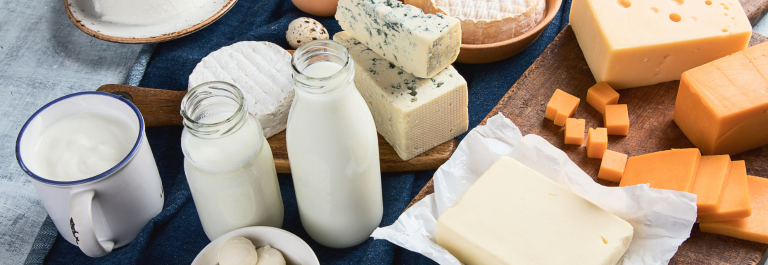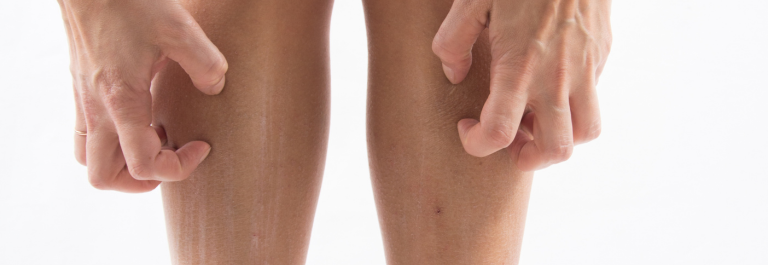Are you grappling with the discomfort of eczema, constantly navigating flare-ups and itching that seem unrelenting? Eczema, also known as atopic dermatitis, has a range of diverse triggers, including food allergies. Among these, dairy is a common culprit - especially for young children.
In this blog, we're diving into the connection between dairy consumption and eczema. We'll cover crucial points like:
-
What is a dairy allergy?
-
What are the signs that dairy might be exacerbating your eczema?
-
Natural and effective ways to manage eczema symptoms linked to dairy consumption.
Stay tuned as we explore the intricate relationship between dairy and eczema, offering insights into managing your symptoms through natural remedies and prevention methods.
What is a Dairy Allergy?
A dairy allergy is an adverse immune response to proteins in milk and dairy products. When someone with this allergy consumes dairy, their immune system overreacts. This happens because the body mistakes dairy proteins, like casein or whey, as harmful invaders, prompting an immune response. As you can imagine, this can lead to an eczema flare-up.
Common symptoms of a food allergy to dairy include skin reactions like hives or eczema, digestive issues such as stomach pain or vomiting, respiratory problems like wheezing or coughing, and even anaphylaxis in severe cases. These symptoms can range from mild to severe.
Dairy and Eczema Flare-Ups
While dairy is a staple in many diets, it might trigger eczema symptoms for some. In particular, studies have highlighted the potential impact of cow's milk on those with an allergy or intolerance. Cow's milk contains proteins that some people's immune systems may react to, leading to allergic reactions or an eczema flare-up. For individuals prone to eczema or atopic dermatitis, these reactions might manifest as skin inflammation, itching, and overall worsening of their skin condition. It's important to remember that dairy does not cause eczema. Instead, the food allergy to dairy can aggravate symptoms of eczema.
Dairy Allergy vs Dairy Intolerance
A dairy allergy involves the immune system's reaction to dairy proteins, causing allergic responses. In contrast, dairy intolerance stems from the body's inability to digest lactose, leading to digestive discomfort. Allergy triggers immune responses, while intolerance results in digestive issues due to insufficient lactase enzyme.
Food Allergy Testing and Eczema Management
For individuals suspecting a dairy allergy or intolerance as a trigger for their eczema symptoms, seeking professional guidance and undergoing food allergy testing, such as skin prick tests or atopy patch tests, can be pivotal. Identifying specific food allergens, including milk proteins like casein, enables tailored dietary changes to manage eczema effectively.
Dairy-Free Alternatives for People with Eczema
Exploring dairy-free alternatives opens a world of options for those grappling with a dairy allergy and eczema symptoms. There are plenty of plant-based milk substitutes, like almond, soy, or oat milk, which offer rich flavors without triggering allergies. In addition, non-dairy cheeses made from nuts or soy mimic the textures and tastes of traditional cheeses. For those with a cow's milk allergy, yogurt alternatives crafted from coconut or almond provide the same creamy textures and probiotic benefits. Additionally, experimenting with dairy-free ice creams sourced from coconut or almond milk can satisfy those sweet cravings. These alternatives not only cater to dietary restrictions but also offer a flavorful and nutritious substitute for dairy foods.
Managing a Dairy Allergy
If you're tired of dealing with an increase in eczema symptoms due to food allergies, here are some natural ways to get your skin condition under control.
Try an Elimination Diet
For people with eczema, an elimination diet may be beneficial in helping you better understand the connection between eczema and food allergies. If you suspect you are allergic to cow's milk, remove dairy products systematically to identify and manage adverse reactions. Then, gradually reintroduce cow's milk into your diet. Doing this allows you to observe symptom changes and pinpoint the specific trigger. Be sure to speak to a medical professional before undergoing an elimination diet to ensure you are still getting all essential nutrients - especially when young children are involved. For example, alternative sources like fortified non-dairy milk (such as rice milk), leafy greens, and supplements can help maintain adequate levels of these vital nutrients while addressing dairy-related eczema concerns.
Moisturize your Skin
As we said before, a milk allergy does not cause eczema but can exacerbate symptoms. If you notice your skin flaring up after consuming dairy products, be sure to keep your skin hydrated. This Organic Manuka Skin Soothing Cream can do wonders for your flare-up. Carefully crafted from only six handpicked ingredients, it's tailored specifically for sensitive, dry skin. Use it to alleviate itchiness from head to toe and every space in between.
Embracing a Holistic Approach
Understanding the impact of dairy on eczema flare-ups extends beyond symptom management. Adopting a healthy diet that accounts for potential food triggers can positively influence overall health and skin condition. While eliminating dairy might benefit some, for others, incorporating more fermented dairy or exploring their own fermented dairy products could offer a different perspective on managing eczema. As you strive to manage your cow's milk allergy, experimenting with dietary changes, elimination diets, and professional guidance can aid in identifying and addressing specific food triggers, leading to better eczema management and improved overall well-being.
Take Control of Your Food Allergy Today
If an allergic reaction, like a milk allergy, is making your skin itch, consider these gentle eczema treatments and lifestyle changes. Together, these remedies are perfect for calming your skin and easing discomfort caused by a food allergy to dairy foods.
